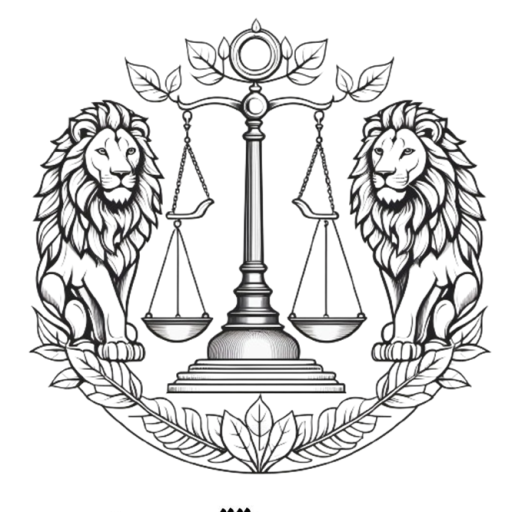![]() Amirali R. Davoudpour
Amirali R. Davoudpour
Iranian Canon of Medicine and Law, Administrative Wing of Law and Healing Association, Iranian Watchdog of Medicine and Law, Tehran-Iran
Email of the corresponding author: davoudpour@canmedlaw.org
Accepted and published August, 2024, DOI: https://doi.org/10.5281/zenodo.13369449
This article is published under CC BY creative common license that Allows others to distribute, remix, adapt, and build upon the work, even commercially, as long as they credit the original creator.
Abstract
Fasting is a prominent practice across various religious traditions, serving both spiritual and idiological functions. In Islam, fasting during Ramadan enhances self-discipline, empathy, and spiritual connection with God by abstinence from food and beverages, while also aligning with scientific research on the health benefits of intermittent fasting. Other religions adopt diverse fasting practices, including dietary restrictions, silence, and abstinence from sexual activity, to achieve spiritual purification and discipline. Philosophically, fasting is viewed as a means of self-restoration and balance, with Islamic scholars like Al-Ghazali emphasizing its role in cleansing the soul and promoting virtues. In psychotherapy, abstinence from harmful substances or behaviors is pivotal for treating addiction and compulsive disorders. Techniques such as Cognitive Behavioral Therapy and Motivational Interviewing support individuals in building healthier coping mechanisms and achieving lasting recovery. To implement cultural discipline and also means for alchemical purification for social-cultural disorders, the fasting has not to be limited to prevention from food and beverages, but also to be promoted as customized practice of abstinence from excessive use of any practice or substances. The concept of bid’ah (innovation) highlights the challenges of integrating new interpretations of fasting within religious frameworks, underscoring the tension between doctrinal purity and contemporary adaptation. This dynamic is reflected across various traditions, illustrating the ongoing negotiation between maintaining and embracing reform.
Keywords: Fasting, Bid’ah, Islam, Social-Cultural disorders
